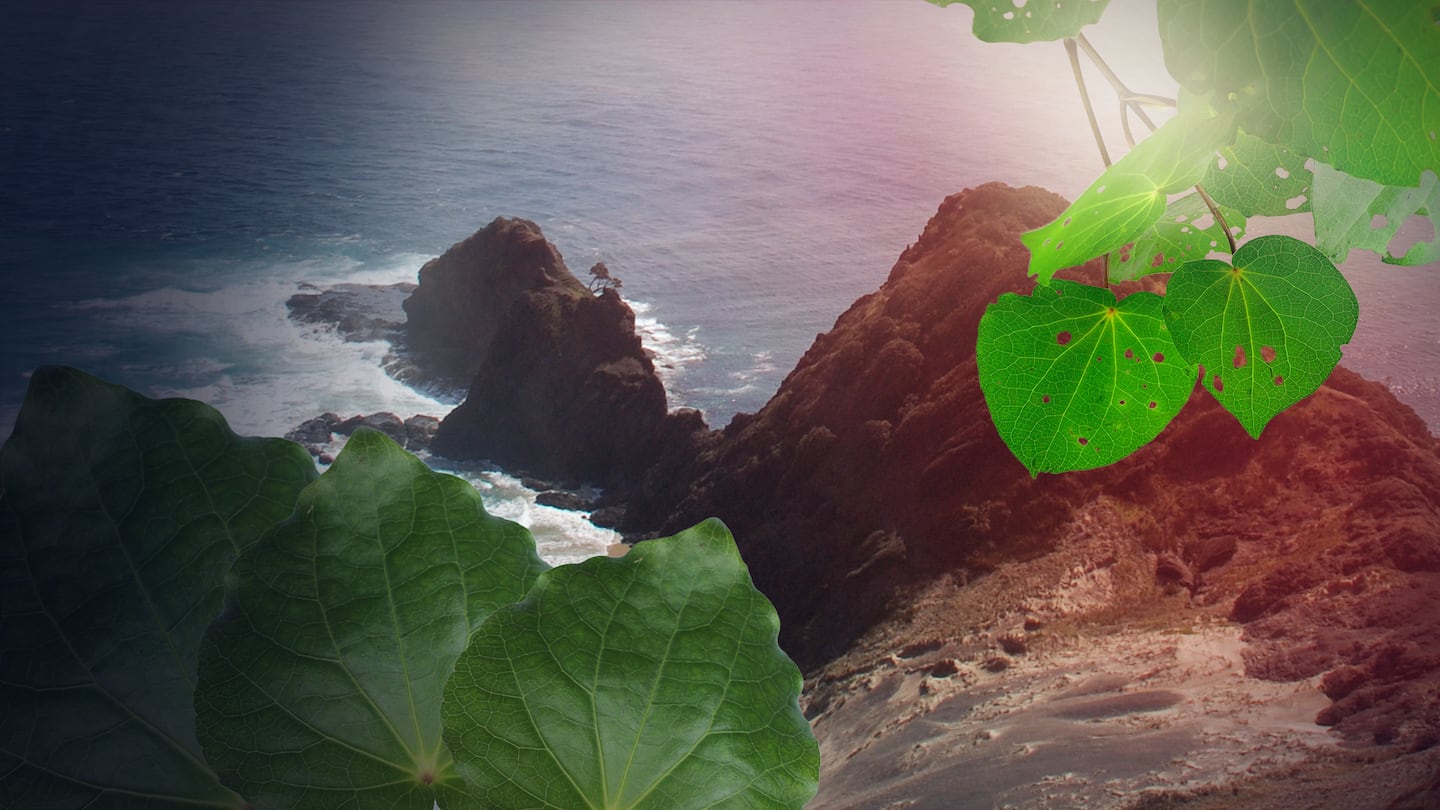Nā koutou i tangi, nā tatau katoa.
When you cry, your tears are shed by us all.
As 2024 draws to a close, many of us will find ourselves reflecting on memories we share with those no longer with us.
Te Ao Māori News is taking a moment to reflect on some of those we’ve lost this year.
January
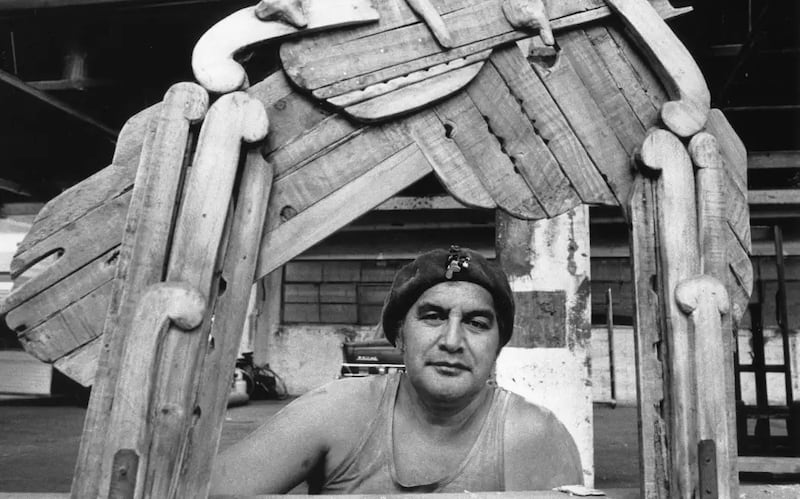
Ngamoni Huata, the most published expert on the art and traditions of poi, died on January 1. Her 2000 book, The Rhythm and Life of Poi, was the first to comprehensively document the history, performance, and spiritual significance of the performance art form.
Māori Anglican Bishop Richard Wallace also passed away in January. He’d served 11 years in the Royal New Zealand Air Force as an aircraft technical engineer, reaching the rank of sergeant, and later held various roles within the Anglican Church, becoming Bishop of Te Waipounamu in 2016, and also worked for the Ministry of Māori Affairs, focusing on social services.
Also lost in January, Māori leader Anaru Rangiheuea, played a pivotal role in Te Arawa’s Treaty settlements, including securing the return of the Rotorua Lakes to iwi ownership. Rangiheuea served on the Te Arawa Trust Board for 30 years, including six as chairperson.
Māori artist and broadcaster Selwyn Muru’s work focused on communicating Māori pūrakau, history, and injustices. One of his most well-known works, Waharoa, is a 7m-high wooden gateway in Auckland’s Aotea Square.
February
Muru Walters, a former Māori All Black, had won the Tom French Cup in 1957 as Māori Player of the Year. After retiring from professional sports, Walters was ordained as a priest in 1992 and went on to become the first Māori bishop of the Anglican faith in the Cape.
Te Aorere Riddell was a former teacher at Tīpene - St. Stephens Māori Boys College for 12 years before becoming the principal at Te Aute in 1977. He made significant contributions to Māori education, establishing 56 kura kaupapa Māori over seven years as a senior official with the Ministry of Education. The Māori programmes he helped design are still in use today.
Entrepreneur and innovator Graeme Everton was a driving force behind the Māori spectrum claim lodged by his mother, the late Rangiaho Everton, in 1996. He was a self-described individual pursuing various career paths focused on Indigenous development, information and communication technology, and sustainable futures.
Green MP Efeso Collins died at a charity event to raise awareness and funds for clean drinking water for children in the Pacific. Described as ‘a good man,’ a ‘bold Pacific leader,’ and a ‘passionate advocate,’ Collins was a strong advocate for Pacific communities.
Ngāi Tahu leader Charlie Crofts died peacefully near the end of February. He was a prominent claim negotiator for his iwi and the first kaiwhakahaere of Te Rūnanga o Ngāi Tahu.
March
On the first day of March, Tumuaki for Te Hāhi Rātana, Andre Meihana, died. He was acknowledged for his “unwavering love” for Te Iwi Morehu. Te Hāhi Rātana said Meihana will be remembered as a “humble, unassuming” spiritual leader.
April
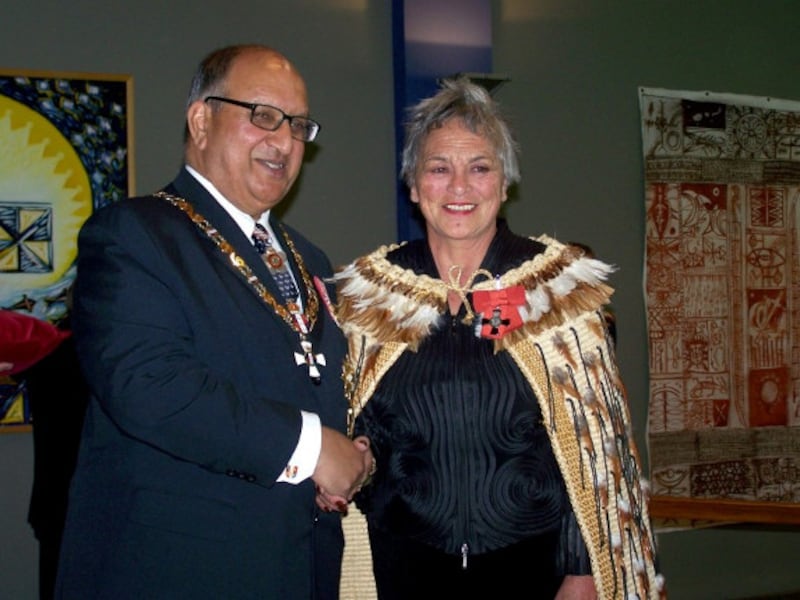
At the end of April, Ngapare Kaihina ‘Polly’ Hopa passed away. She received her doctorate from Oxford University in 1977, the first Māori woman to do so. Hopa was a strong advocate for mana wāhine and blazed a trail for Māori women in academia.
May
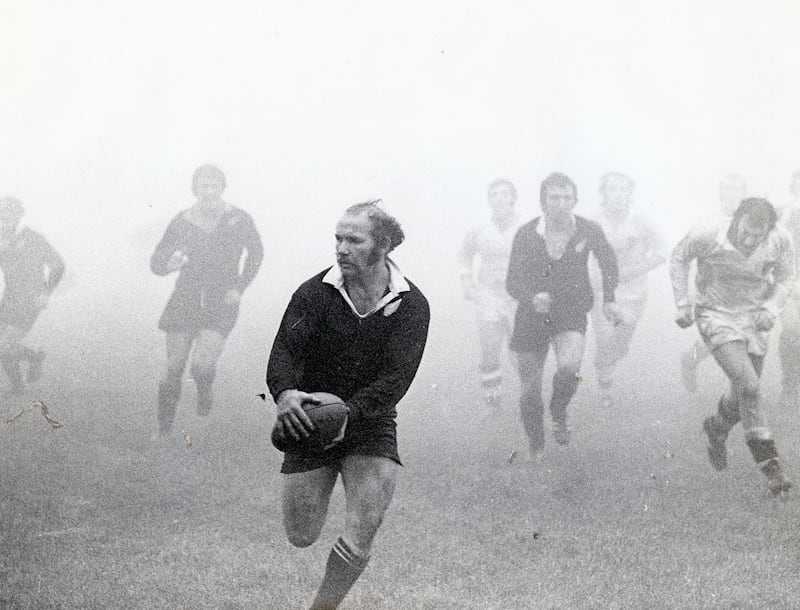
Former Rugby League player and coach Richard Bolton died in mid-May. He made significant contributions to the Māori Rugby League, representing them as a player in 1972 and later captaining the side to victory in the inaugural Pacific Cup in 1986. He repeated this feat in 1988 and also served as a trainer for the Māori team in 1990.
Just days later, another rugby legend, All Black player Sidney Milton Going passed away. Also known as ‘Super Sid’, was part of the All Blacks between 1967 and 1977. He also played for New Zealand Māori (now the Māori All Blacks) for 12 years, Northland for 16 years, and took up coaching in 1978.
At the end of May, Hinerangi Cooper Puru, daughter of Dame Whina Cooper, also passed. The Te Rarawa kuia along with her late husband Moka Puru are remembered not only for the 1975 hikoi but for their longstanding commitment to Māori welfare and Māori land protest.
June
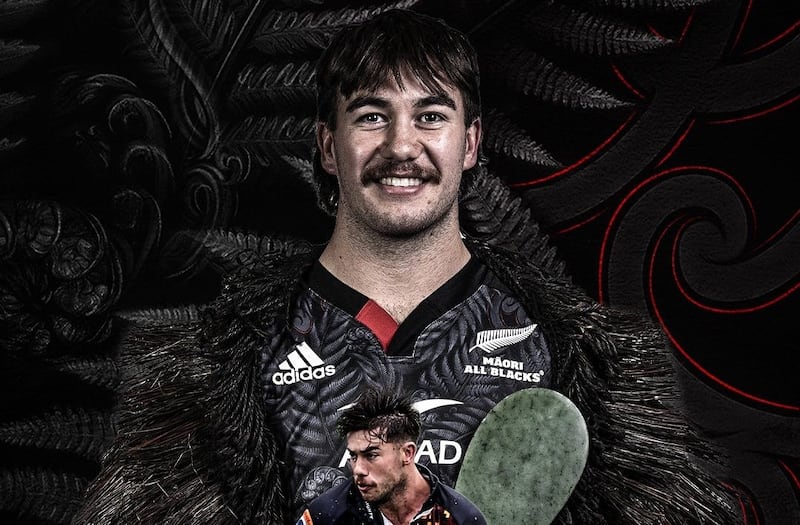
Connor Garden-Bachop, aged 25, was a player for the Highlanders and Māori All Blacks. He made his Highlanders debut in 2021 and played five seasons with the franchise. In his first five Super Rugby games, he accomplished the impressive feat of scoring three tries. To describe his rugby career as “promising” would be a dramatic undersell of the incredible success he’d already managed.
July
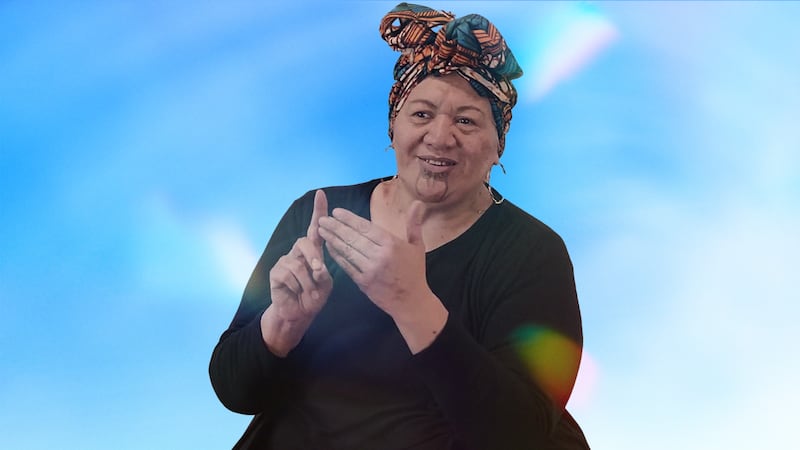
Stephanie Awheto was the first New Zealand’s first trilingual interpreter. She devoted her 30-year career to ensuring the Māori deaf community was connected to te ao Māori by being its eyes and ears through tikanga processes on marae.
Former All Black Norm Hewitt dedicated much of the latter half of his life to helping young people reach their potential. Before that, his rugby career spanned 296 first-class matches, including captaincy of the Hurricanes, the Māori All Blacks, as well as Hawke’s Bay, Southland, and the Wellington Lions.
August
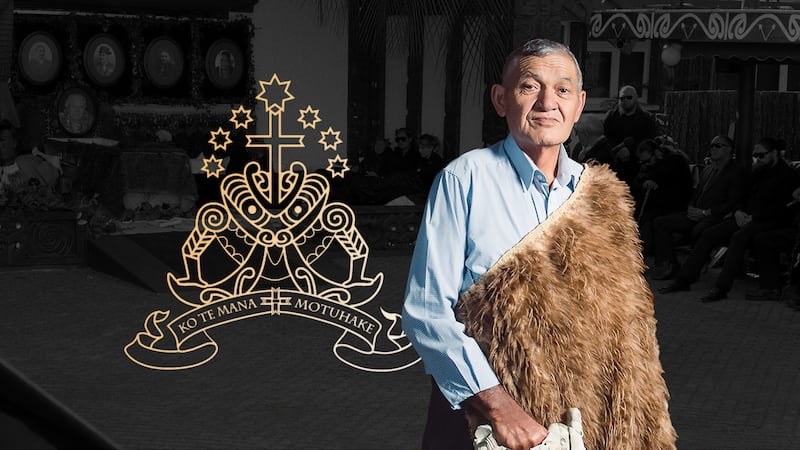
Dame June Hinekahukura Mariu was the second captain of the Silver Ferns in 1960 and served as national president of the Māori Women’s Welfare League, chaired Te Whānau o Waipareira Trust, and was a member of the Treaty of Waitangi Fisheries Commission. She worked as a teacher and supported youth and whānau through the Rangatahi Court at Hoani Waititi Marae. Mariu also coordinated Aotearoa Māori Netball, helped establish Te Kotuku Marae at Rutherford College and was a trustee of the Māori Women’s Development Fund.
Te Tai Tokerau rangatira Te Ihi Adrian Tito was a kaumātua and chief of tikanga at Whangārei Hospital, having served his people and whānau for two decades. When he passed Te Whatu Ora Northland’s Facebook page said his cultural influence in hospitals around Northland had been invaluable to many.
Perhaps the passing that rocked te ao Māori the hardest occurred in the early hours of August 30, when te Tari o te Kiingitanga announced the death of Kiingi Tuheitia Pootatau Te Wherowhero VII.
The seventh in an unbroken line of Māori monarchs, Tuheitia Paki’s death came the same year he’d exercised his authority to call for kotahitanga in response to the coalition government’s perceived anti-Māori policies, with thousands attending te hui ā-motu at Tuurangawaewae in January.
His daughter, Kuini Nga wai hono i te po, went on to succeed him, and serves as the sitting Māori monarch.
Read more here to reflect on the reign of the late monarch.
September
Music legend Eddie Low passed away in late September. Blind from birth due to German measles, he pursued a music career spanning nearly 60 years, performing worldwide and sharing stages with icons like Johnny Cash, Charlie Pride, Freddie Fender, and Kenny Rogers.
A few days later, iwi radio pioneer Cyril Chapman passed. Known for carrying the pou whenua during the 1975 hikoi, his true passion was revitalising te reo Māori through broadcasting. He helped establish Tautoko FM, Aotearoa’s second-oldest iwi radio station.
November
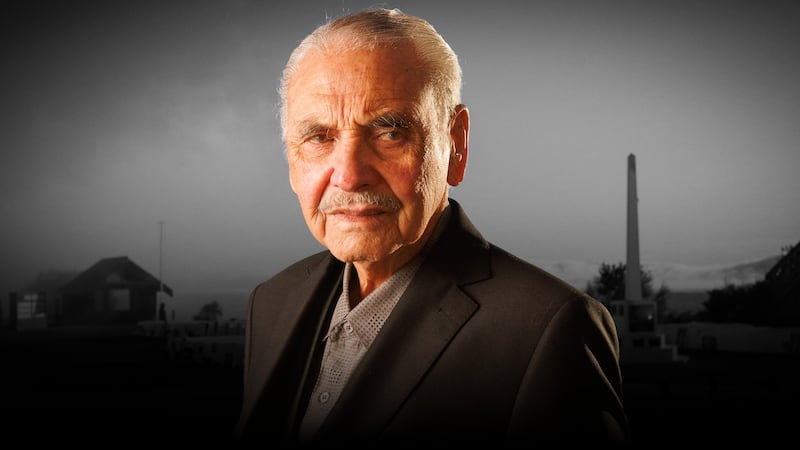
Aotearoa said goodbye to thelast surviving member of the 28th Māori Battalion in World War II, Tā Robert ‘Bom’ Nairn Gillies, in early November. Until his death, he maintained his belief that war was futile, lobbying successive governments for an apology for the way Māori soldiers were treated upon their return from war.
Read more of Bom Gillies’s life here.
A few days later, te ao Haka was shaken after the unexpected death of Ricky Lee Tapuni Mitai. A celebrated kapa haka exponent, his legacy is woven into the fabric of Māori performance. He was a past winner of the prestigious Manukura Tāne Trophy at Te Matatini and an esteemed leader of the Ōpōtiki Mai Tawhiti Kapa Haka. His leadership and devotion to te ao Māori uplifted generations on stage and within the wider community.
Te Rangikaiamokura Wirihana Hetet was the last surviving member of Taiapa’s He Kōnae Aronui cohort, a student of legendary carvers Eramiha Kapua and Hone Taiapa. He contributed to carving many marae, including Tūrangawaewae, and at least four great waka tauā.
Mei Whaitiri, mother of former politician Meka Whaitiri, was famously the model for Napier’s iconic Pania statue at just 13 years old. The 1.5-metre statue was unveiled on June 10, 1954, at Marine Parade by Prime Minister Sidney Holland.
Former Rugby League Player Kathleen Wharton passed away at 41. A standout athlete, she played 14 games for the Kiwi Ferns between 2008 and 2019, including helping secure a World Cup victory, and later appeared in three matches for the Warriors. Beyond rugby, Wharton managed Healthy Families Far North, working tirelessly to improve the lives of local tamariki.
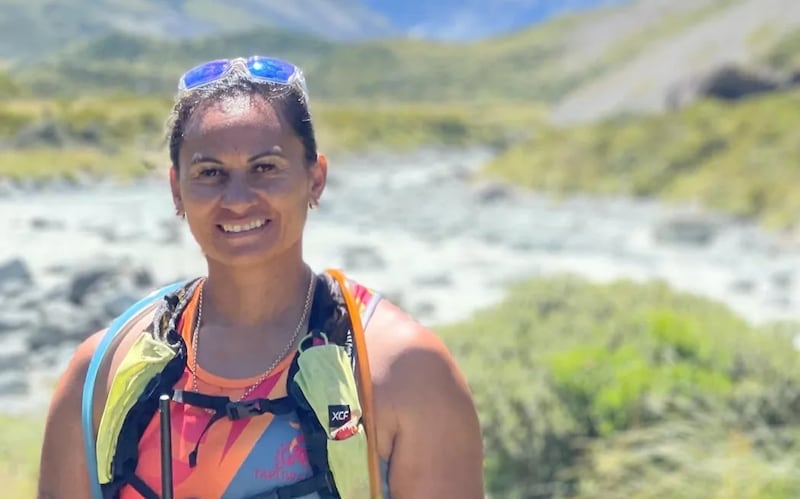
Around the same time, Waka Ama legend Kiwi Campbell also passed away. One of Aotearoa’s most successful paddlers, Campbell was a member of the Horouta Waka Hoe Club in Gisborne and made significant contributions as both an elite paddler and coach. She was twice named Sports Coach of the Year at the Māori Sports Awards and was inducted into Waka Ama New Zealand’s virtual hall of fame in 2020 for her outstanding contributions to the sport.
Māori war veteran Joe Glenn passed away at the end of November. He served with the New Zealand Army, including the SAS and Air Force, before dedicating 22 years to Te Karere. Throughout his career, he was a passionate advocate for Te Reo Māori and held a deep respect for the armed forces.
December
In mid-December, Māori All Blacks kaumātua and police sergeant Luke Crawford passed away. He dedicated his life to serving his community, first through his work with the police, then as a Māori community engagement adviser at Stats NZ. Crawford also held the position of Kaihautū Māori for New Zealand Rugby.

